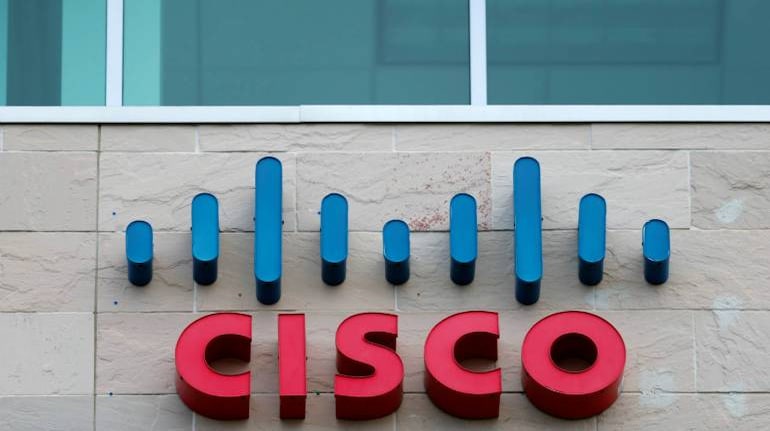



A US court stayed the hearing for Cisco’s petitions on March 9, 2021 in the caste-bias lawsuit whose outcome can bring more such cases to light and force tech giants to review their approach towards such allegations.
Cisco had filed a ‘demurrer’ petition that argues that even if everything in the lawsuit’s complaint is true, the plaintiff is not entitled to legal relief because the conduct complained of is not against the law.
It had also ‘motion to strike’ petition that argues that the caste allegations should be deleted from the complaint as they are irrelevant (because, they argue, caste discrimination is not illegal). Hearing for both petition was stayed.
This comes on the back of Cisco’s pending appeal in a US court to compel arbitration after the trial court denied it.
This is one of the most closely watched cases in the Silicon Valley. For, its outcome could force tech giants to take a relook at how they handle discrimination, especially one based on caste, in the workplace.
Cisco caste-bias lawsuit and arbitration
On June 30, 2020, a lawsuit alleging caste discrimination was filed against the US-based tech major Cisco. The lawsuit accused two upper-caste Brahmins, Sundar Iyer and Ramana Kompella, of harassing a Dalit worker, referred to as John Doe to protect his identity, in their capacity as managers.
After the lawsuit was filed, the company filed petitions to dismiss the case and also to compel arbitration with Doe.
The petition for private arbitration came up for hearing on January 26, 2021. Judge Drew C Takaichi denied private arbitration in an order dated February 26 on the grounds that, “This claim and relief exceeds the scope of the private arbitration agreement.”
The order said the claims by the Department of Fair Employment and Housing, which filed the lawsuit on behalf of Doe, on violations of California’s fair employment and housing act by Cisco, was in public interest that is broader than relief specific to Doe.
Cisco has appealed this verdict in the appellate court.
Motion to dismiss the case
On October 16, 2020, Cisco filed ‘demurrer’ and ‘motion of strike’ petitions in the California court. The hearing scheduled for March 9, 2021, has been stayed pending arbitration appeal.
The US-based Ambedkar International Center along with 19 organisations including Ambedkar King Study Circle, and Anti-caste Discrimination alliance, filed an amicus brief opposing Cisco’s ‘demurrer’ and ‘motion to strike’ petitions, which challenges the legality of the caste bias lawsuit filed against it last year.
Why is it important?
The outcome is important given that role of Indian population in Silicon Valley, the tech capital of the US.
According to the 2019 report by the Strengthening South Asian Communities in America, there were about 5 lakh Indians in California, accounting for 1.3 percent of the state’s total population and home to 20 percent of the total Indian immigrant population.
There is no clear data on how many of these Indians are Dalits. But according to the lawsuit against Cisco, only 1.5 percent of the Indian immigrants were from the Dalit community as of 2003. This could have increased by now.
Ryan McCarl and John Rushing, founding partners, Rushing McCarl lawfirm in the US that filed the brief for Ambedkar International Centre, explained to Moneycontrol that, both the motions are at the core of the caste discrimination and outcome could force other technology companies to look at caste discrimination as a more serious issue.
McCarl said, “The demurrer and motion to strike decisions in this case are still very important because they could be the first time that a judge holds that caste discrimination is illegal in California.”
“This makes it more likely that other cases will be brought and will likely force tech companies to take action against caste discrimination to reduce liability risk. And it could have a persuasive effect on other judges considering the issue as well as bring media attention to the issue,” he added.
Discover the latest Business News, Sensex, and Nifty updates. Obtain Personal Finance insights, tax queries, and expert opinions on Moneycontrol or download the Moneycontrol App to stay updated!
Find the best of Al News in one place, specially curated for you every weekend.
Stay on top of the latest tech trends and biggest startup news.